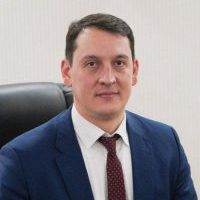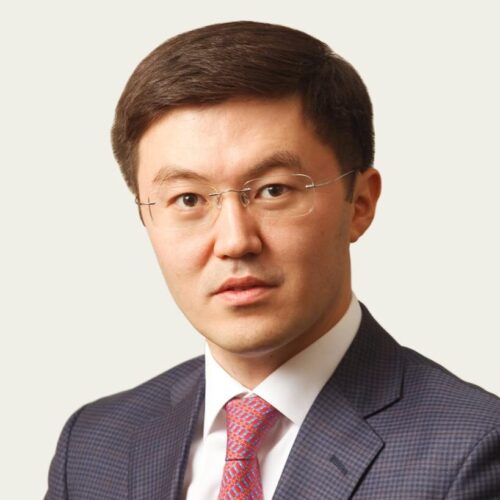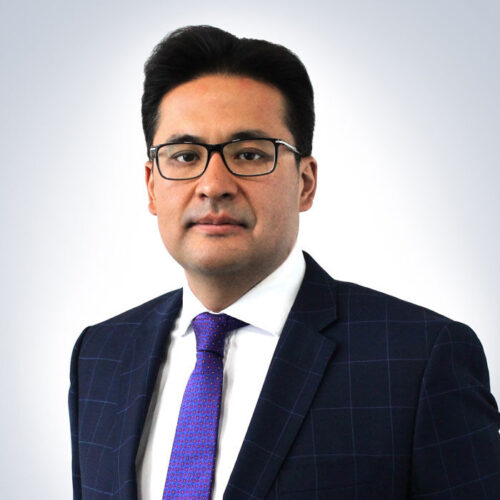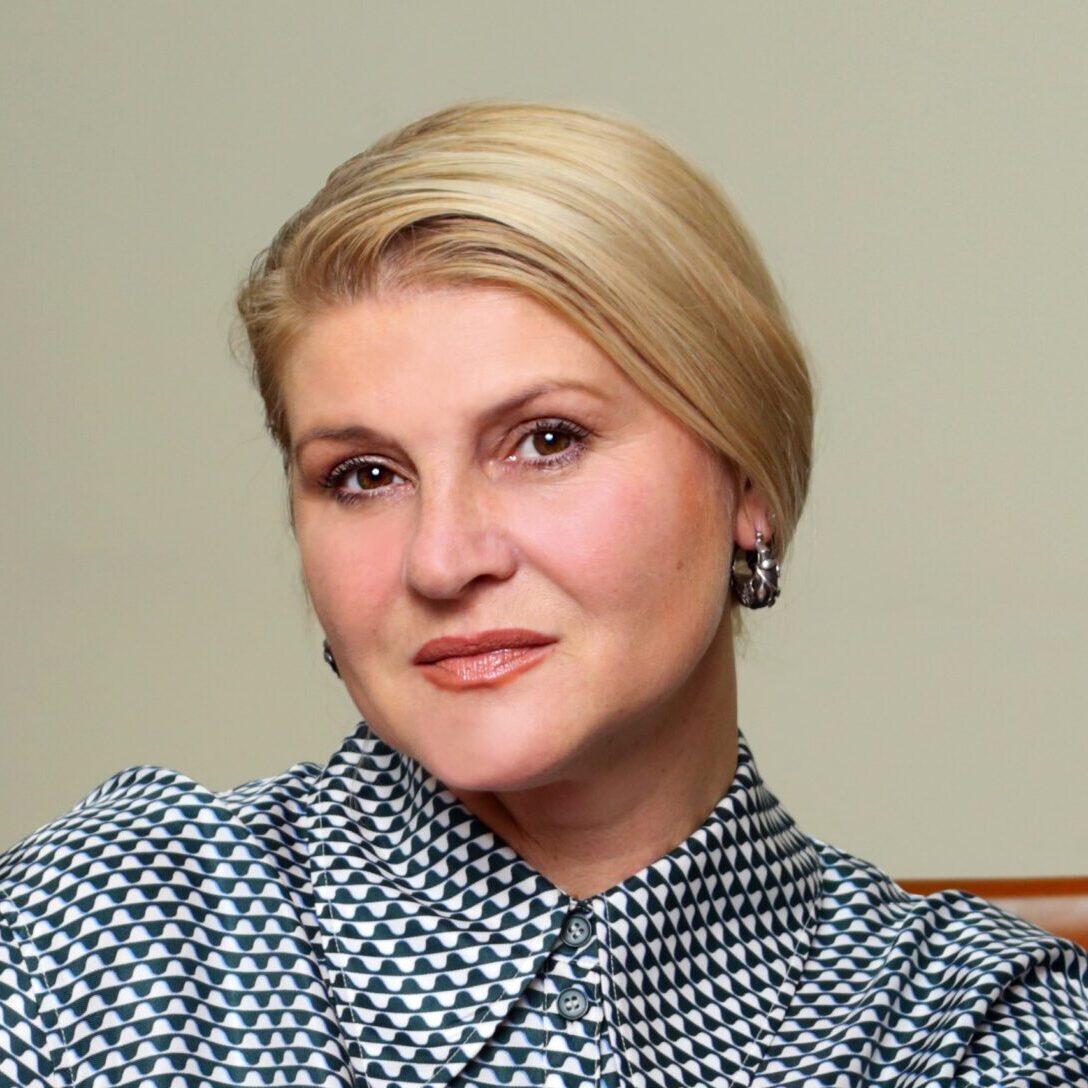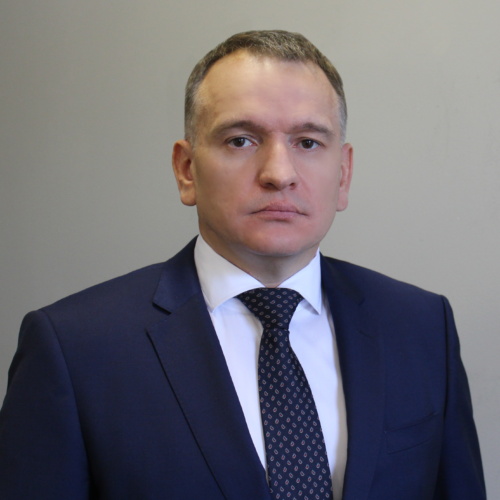Programme
Context
The brisk recovery pace of the world economy after the 2020 crisis and the shortage of many types of raw materials inspired talks about the new supercycle. Critics however believe that there are no prerequisites for large-scale growth in demand for raw materials which in the past was driven by major forces such as rapid industrialisation of China and global economic growth. A consensus is evident only in the trend of rising prices of the metals and minerals produced with low carbon footprint technologies and under ESG principles. Kazakhstan is a world leader in uranium production and a major exporter of coal and metals. However, according to the official forecasts, the reserves of non-ferrous and precious metals in Kazakhstan are limited and can be depleted in 12 –15 years. To improve the discovery of new deposits of gold, copper, polymetals, hydrocarbons, uranium, and rare earths the Government promises to increase four times the funding of exploration and by 2030 plans to offer national and international investors 40 – 50 largescale projects for further development. Major incentives are also being considered by the Government to boost exploration by major mining and metals companies operating in Kazakhstan. With the increasing role of metals in economic development, Kazakhstan’s mining and metallurgical industry is undergoing a technological and ESG transformation. The competitiveness of companies improves with the integration of digital technologies, solving problems such as low operational efficiency, outdated business models and low profitability. Digitalisation and automation are changing the role of people in industrial production. Kazakhstan’s mining and metallurgical industry is facing many challenges such as volatility of global commodity markets, the growth of new trade barriers in the form of “green” taxes and “zero-carbon” tariffs, transformation with the introduction of industry 4.0 technologies. These challenges also create opportunities and impetus for innovation, modernisation and sustainable development of mining in Kazakhstan.
Discussion themes
- How long will global commodity prices rise and are there any prerequisites for a new supercycle?
- Trends in the growth of the cost of mineral production in Kazakhstan with the introduction of alternative energy sources, low-carbon tariffs and ESG standards.
- Mining strategies and sustainability programs in a changing environment.
- Achievements, prospects, and constraints of digital transformation Kazakhstan’s mining industry.
- The national project of the development of the geological industry until 2030 in action.
- Public and private investment in the exploration in Kazakhstan. Review of the major mineral exploration projects and prospects for significant discoveries.
- What incentives the state offers to intensify exploration and development of new deposits?
- What changes to current business models are planned by the Government of Kazakhstan for attracting national and foreign investors in the mineral exploration sector?
- Creation of an open digital database of geological information in Kazakhstan. What’s new?

10:10 - Digital transformation of exploration industry in Kazakhstan

10:20 - The labor market in the mining industry of the Republic of Kazakhstan

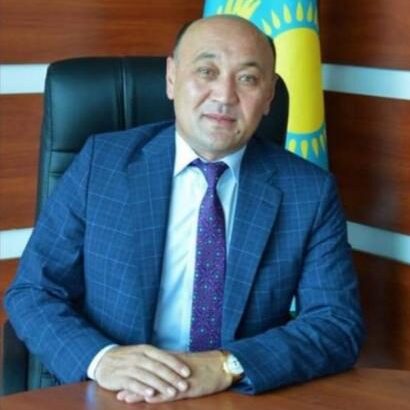
11:10 - Field of activity of JSC "Qazgeology"
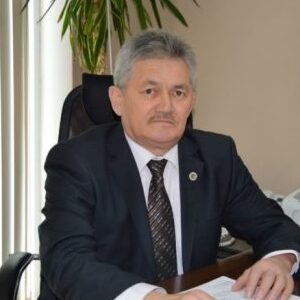
11:20 - On the current activities of the national operator
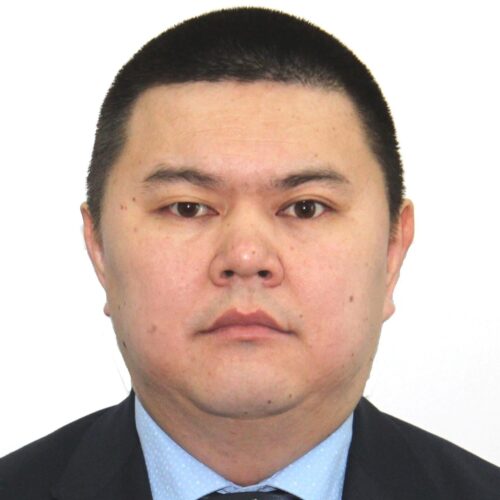
11:30 - Lithium Potential in Kazakhstan

11:40 - Long-term strategy for geological exploration in the Republic of Uzbekistan
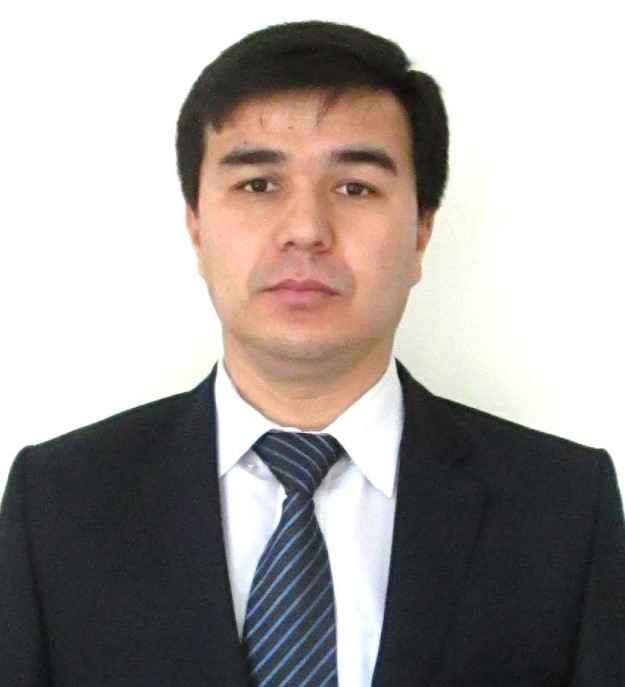
11:50 - East Star Resources - Kazakhstan, a Tier One Exploration Jurisdiction
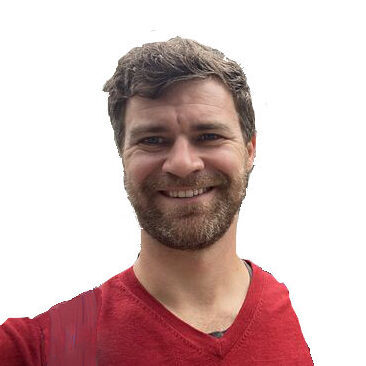
12:00 - Sustainable and responsible copper production in Kazakhstan to assure value for all stakeholders
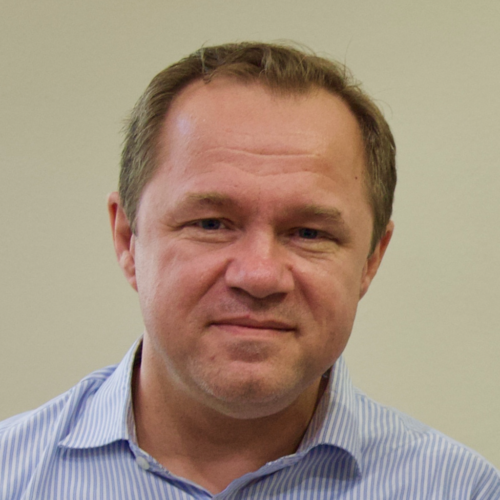
12:10 - Exploration as a value creation tool
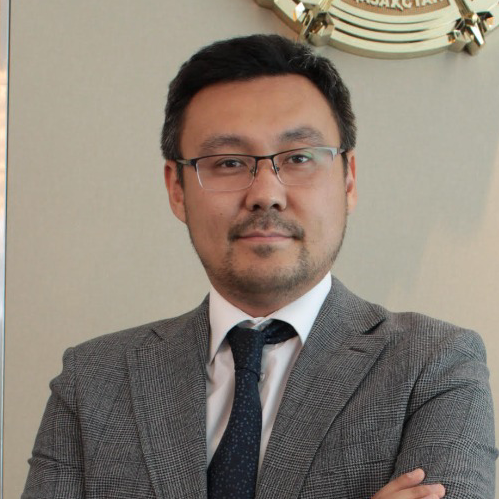
12:20 - Discussion

Context
The mining and metallurgical industry are one of the top three air pollutants. If Kazakhstan fails to meet its obligations to reduce greenhouse gas emissions, companies may lose their positions in the world markets due to non-compliance with “green” standards. Reducing carbon emissions by 19% by 2030 and being carbon neutral by 2060 will require a clear roadmap and coordination across all sectors. To fulfil carbon neutrality commitments, companies must significantly increase investment in the development of “green” technologies. Many are already implementing programs to cut back carbon emissions. However, the transition to carbon neutrality will require unprecedented investments in the development of new production methods and renewable energy technologies. To achieve carbon neutrality, the state needs to make a difficult decision to abandon coal mining, which is the main source of energy generation and the economy of several regions. The transition to solar and wind energy will raise tariffs and reduce the competitiveness of exported products. For the implementation of renewable energy technologies in the mining and metallurgical industry, adjustments are needed in the national strategy for socio-economic development. Clearly defined ecological fiscal regulation and green taxonomy will be playing a critical part in supporting sustainable and responsible mining.
Discussion themes
• Zero carbon agenda of Kazakhstan’s mining industry. Plans and Strategies.
• How does the government of Kazakhstan plan to encourage companies to invest in achieving carbon neutrality?
• How will cross-border carbon regulation develop and how will this affect the competitiveness of exporting mining and metallurgical companies?
• Strategies for the development of the coal industry in Kazakhstan’s carbon neutrality doctrine.
• What are the challenges of reducing carbon emissions of the mining industry?
• What archetypes of energy transition and decarbonisation are available to mining operations in Kazakhstan?
• How much does carbon-free mining cost?
• How do companies plan to finance decarbonisation?
• What technologies can bring the fastest and most efficient results for reducing emissions?
• Will the mining and metals sector be able to turn climate risks into opportunities, and at what cost to business?
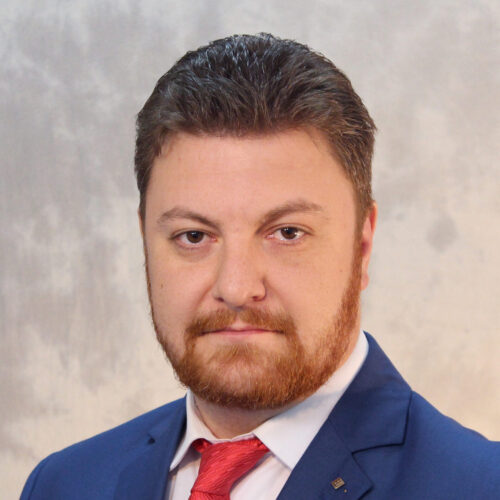
13:45 - Meeting the challenge of decarbonising mining
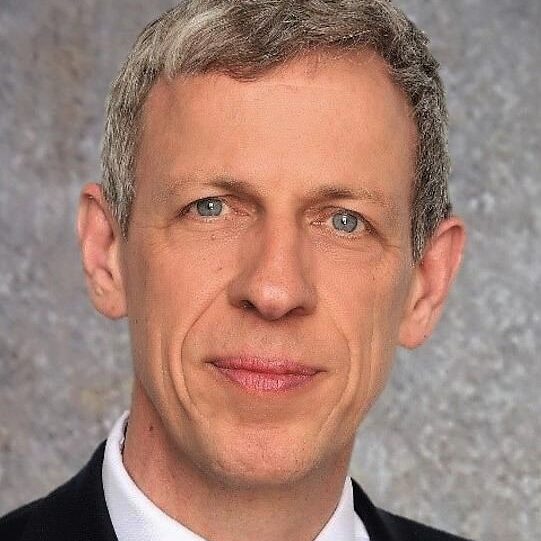
14:05 - Scenarios for decarbonisation in Karaganda and Pavlodar and, the need to plan for undiscovered critical minerals resources in the new “green economy”

14:15 - Aligning to the Paris Agreement: Setting and committing to science-based decarbonisation targets

14:25 - Digital Transformation for Sustainable Future of Mining Sector. Decarbonization and green production

14:40 - Plans for decarbonisation at Kazatomprom
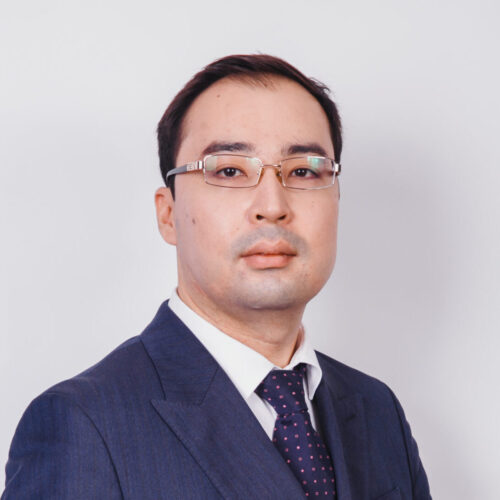
14:50 - Sustainable greening of ERG enterprises
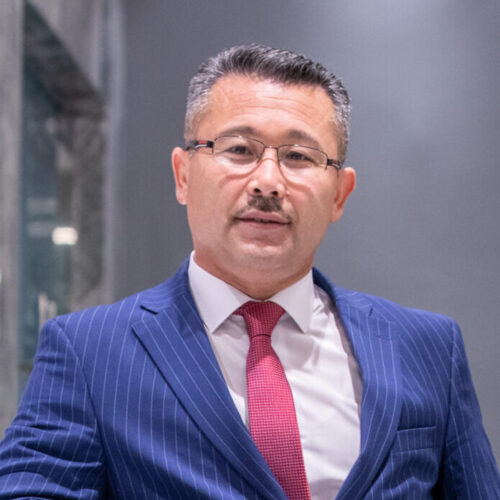
Context
Achieving carbon neutrality in industrial production requires significant investment commitments from mining companies, financial and government institutions. Global climate initiatives stimulate the creation of new financial instruments and the development of taxonomy practices for green and adaptation projects. To enhance ESG financing of industrial transformation a widespread discussion is taking place on many levels. Credit institutions and stock markets are developing new criteria. Raising finance for green and adaptation projects helps companies to improve their ratings and increase market value. Companies are mastering responsible financing tools that allow them to raise funds for reducing climate change footprint and implement green projects e.g., waste management, energy, construction, transport, water supply, biodiversity, and environmental preservation.
Discussion themes
• Managing the value and costs of mining in the context of a green economy agenda and climate commitments.
• Development of sustainable and responsible financing in the mining industry – global and national experience.
• How does ESG financing help solve environmental problems in practice?
• Experience in financing sustainable development projects: building solar and wind power plants, purchasing electricity from suppliers with the lowest carbon footprint, investing in the construction of water treatment facilities and restoring the biodiversity of ecosystems.
• Performance evaluation criteria of ESG-funded projects.
• ESG finance for junior exploration companies.
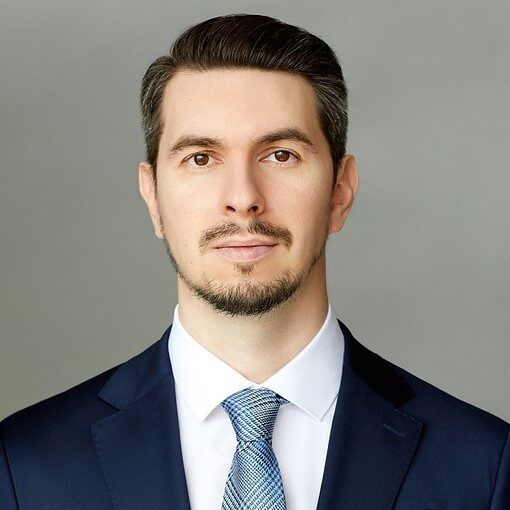
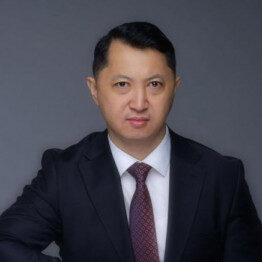


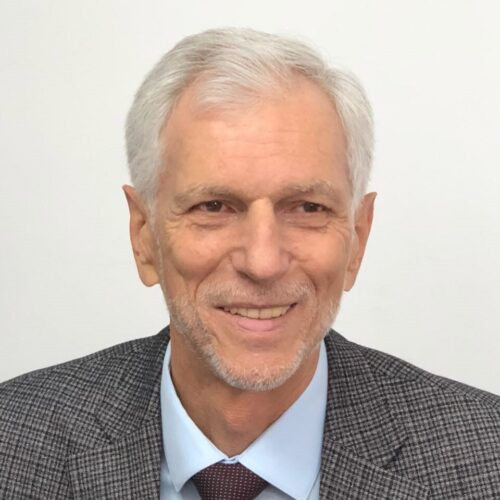
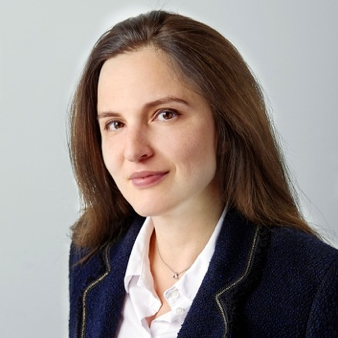
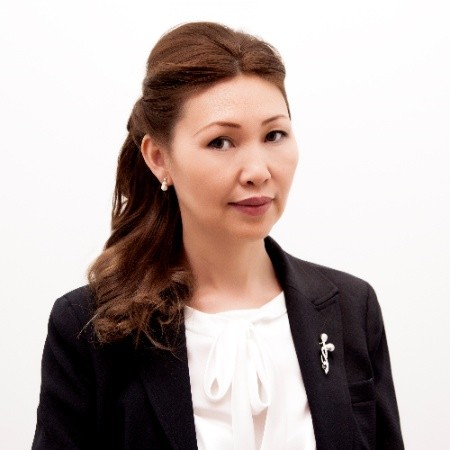
Organised in partnership with: SRK Consulting
Context
According to official data, about 8 thousand deposits are operating in Kazakhstan today. All of them were discovered back in the USSR times. But many of the deposits of lead, copper, and rare metals will be depleted in 10-15 years. Mine closures are associated with operational and social challenges. Once the mine is closed, the operating company is responsible for land and water reclamation as well as resolving environmental issues such as biodiversity conservation and restoration of pre-existing ecosystems. This is a technologically complex and costly process that is typically considered early in the design and development of a mine. Mines closures in Kazakhstan is a relatively recent development and practical experience in responsible mine closure is critical to the sustainable development of the industry and society. Social challenges in Kazakhstan are especially acute in the areas where purpose-built mining mono-towns are facing unemployment and population relocation. In the East Kazakhstan and Karaganda regions, closures of mines and mono-towns have already begun. It is assumed that in 5-20 years many mines in the East of Kazakhstan will be closed. This could potentiality lead to major socio-economic problems that need to be addressed urgently.
Discussion themes
• Estimates and forecasts of mine closures in Kazakhstan.
• How unique is the problem of mines closures in Kazakhstan and how they are managed in other countries?
• Subsoil use regulation changes applicable to mine closures in Kazakhstan. What’s new and how the new Environment Code works in practice?
• Implementation of the internationally accepted practices and guidelines of mine closure in Kazakhstan.
• Management of technogenic mineral deposits – regulation and practice.
• Technologies and best practices of construction and reclamation of tailings.
• Comprehensive planning and implementation of mine closure.
• Financing mine closure and post-mining rehabilitation in Kazakhstan.
• Ensuring the safety and stability of mining structures and facilities for further use.
• Reducing the social, environmental, and financial risks of mine closures and creating social, economic and cultural opportunities for the local population.
• Ensuring a socially responsible business practice and fulfilling obligations in relation to the released personnel.

16:50 - Transition to new mine closure requirements – gaps and opportunities
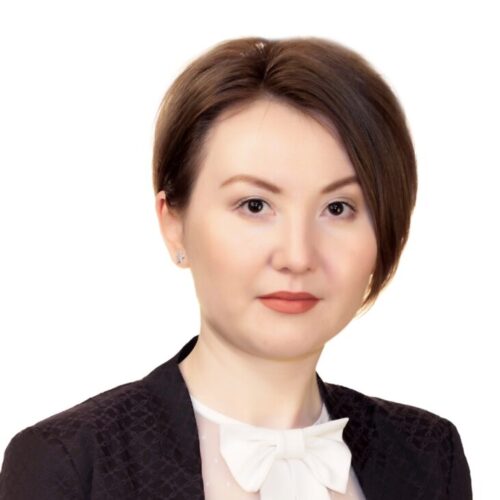
17:00 - Transition to new mine closure requirements – gaps and opportunities.
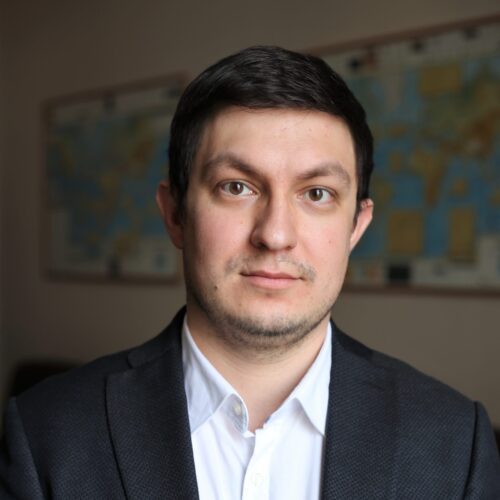
17:10 - Novel wireless smart sensing for ground movement measurements in open pit and underground mines
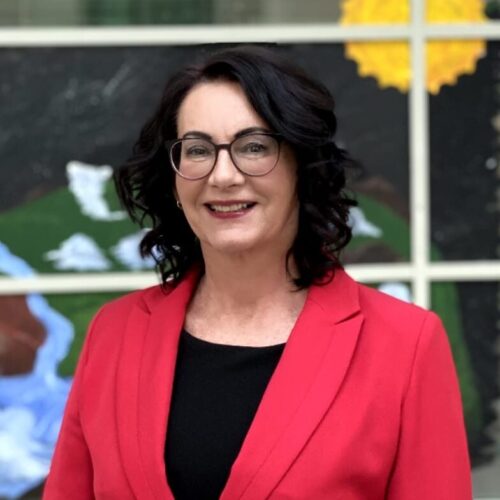
17:20 - The importance of monitoring legacy tailings

17:30 - TSF Monitoring as an Aide to TARP Development for Closure

17:40 - Discussion


14:00 - How to Increase efficiency and reduce drilling costs through the correct use of innovative drilling tools and fluids in core drilling

14:15 - Geoscan 2022. We are increase the pace

14:30 - Mineral targeting and verification of results

14:45 - Automation solutions for portable analytical instruments in geological exploration.
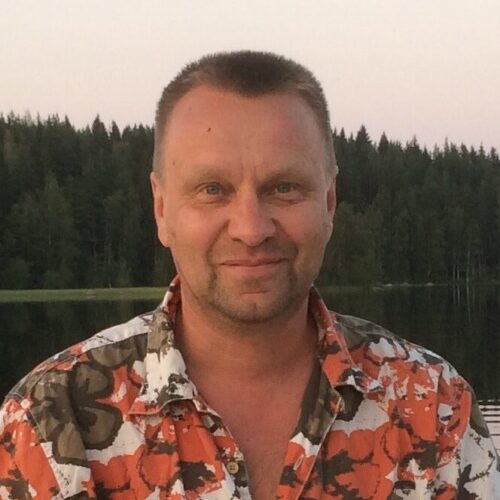
15:00 - Technical break

15:30 - Inflatable packers for hydrogeological works in boreholes
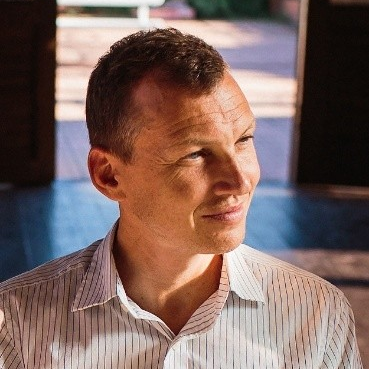
15:45 - Equipment Presentation
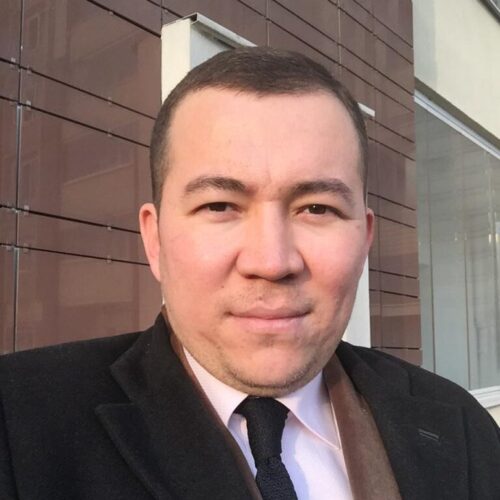
16:00 - About Stewart Assay and Environmental Laboratories' services
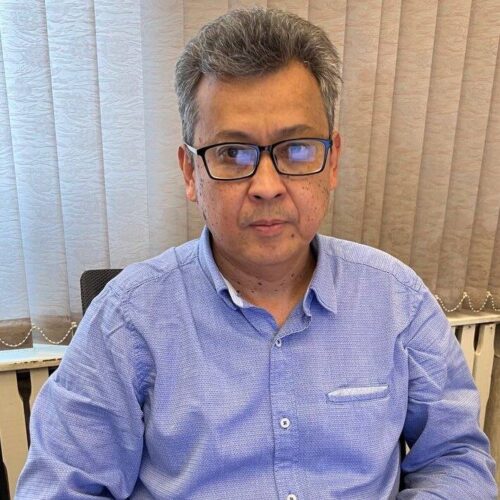
16:15 - Modern strategies for prospecting ore deposits
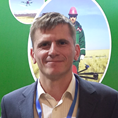
16:30 - Weak ground reinforcement

16:45 - "Clean Technologies": Electrical Heat Tracing Systems
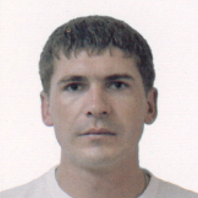
Context
Minerals are not an endless resource. Between 2021-2025 The National Geological Exploration Project provisions the four times increase of the annual state funding of geological exploration in Kazakhstan. The government is developing new mechanisms to stimulate the participation of national and international companies in the search for new deposits and the development of promising areas. Considering the huge mass of land, the effectiveness of geological exploration in Kazakhstan largely depends on the use of advanced technologies. Besides explorers’ luck, modern geology relies on advanced technologies, comprehensive analysis of data, and the high competence of specialists.
Discussion themes
• First annual results national geological exploration project of Kazakhstan.
• Evaluation of exploration results and development scenarios for promising areas.
• New approaches and technologies for qualitative forecasting and evaluation of mineral resources.
• Application of 3D scanning and autonomous unmanned aerial vehicles in geological exploration.
• 3D underground surveys and 3D geological modelling.
• Prospects for wider use of aeromagnetic survey technologies using UAVs.
• Ground-based electrical surveys technology in action.
• Prospects for digitalisation of geological industry to increase prospectively and drive down the costs.
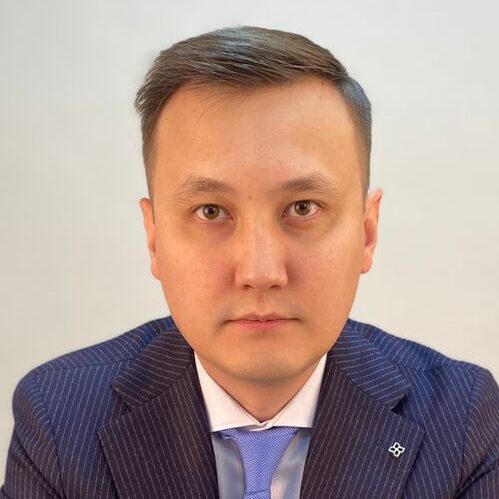
09:10 - Improving the efficiency of junior companies in the light of modern challenges
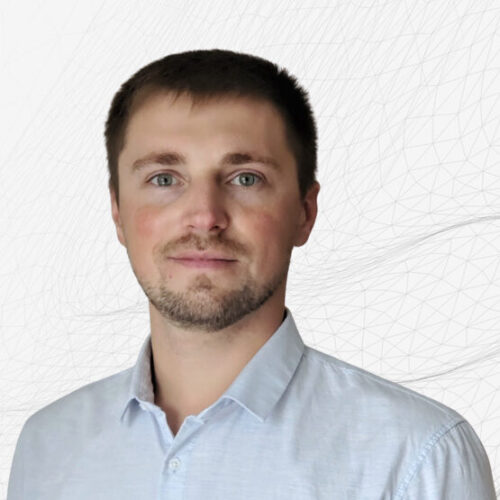
09:25 - Drones, DCIP and drilling: Modern geophysics to de-risk mineral exploration in Kazakhstan

09:40 - Solid minerals exploration based on innovative and adaptive standards of ground, airborne and underground geophysics
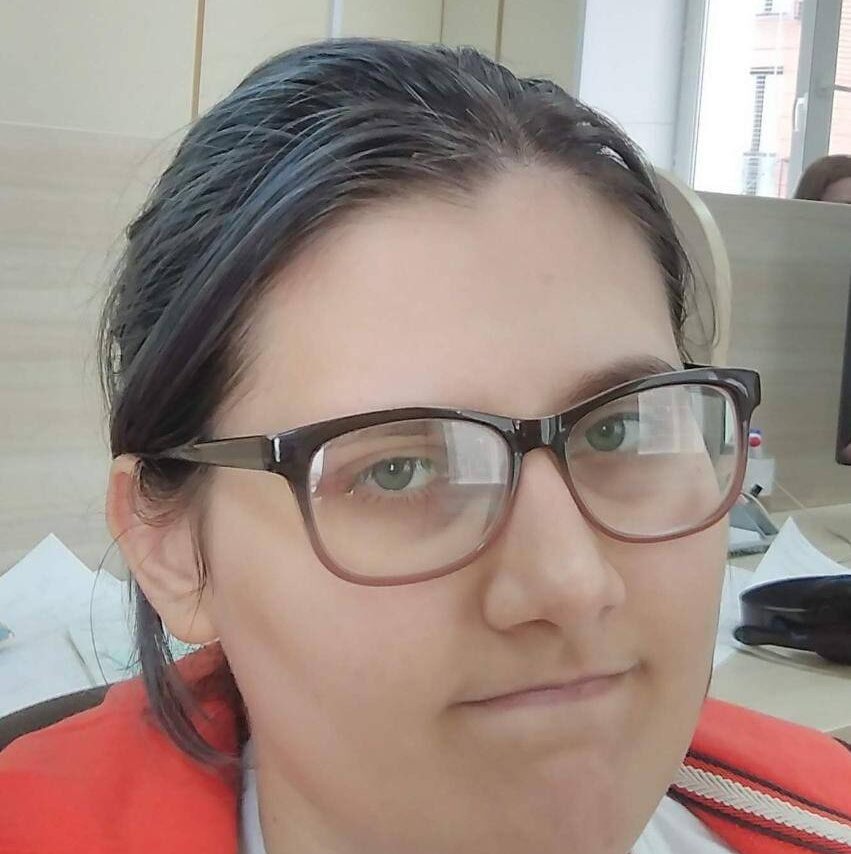
09:50 - Methodology for assessing the prospects of territories for porphyry mineralisation
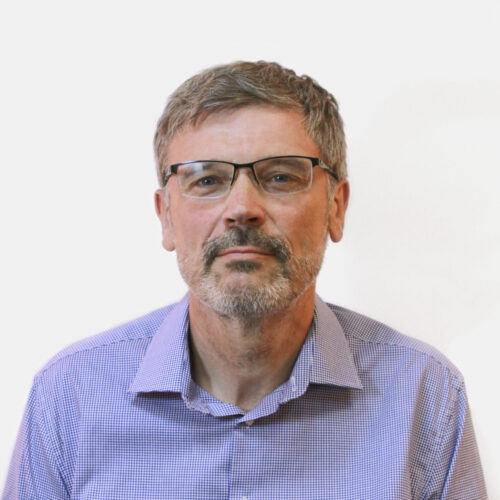
10:05 - Application of modern high-resolution magnetics in iron ore exploration

10:20 - The experience of studying porphyry systems of Kazakhstan by geophysical methods.
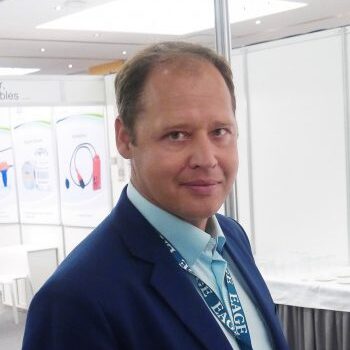
10:30 - Discussion

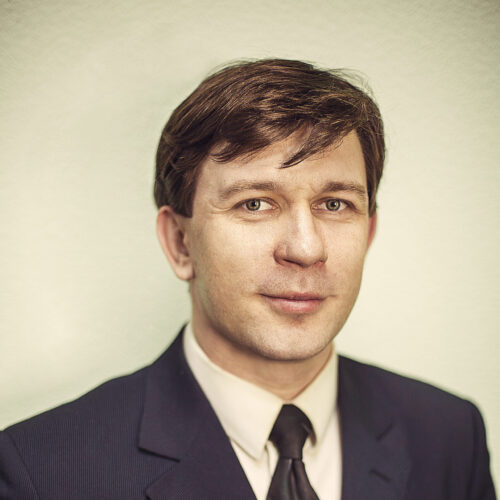
09:30 - DMMS - the multipurpose digital platform for monitoring and control of all production cycles
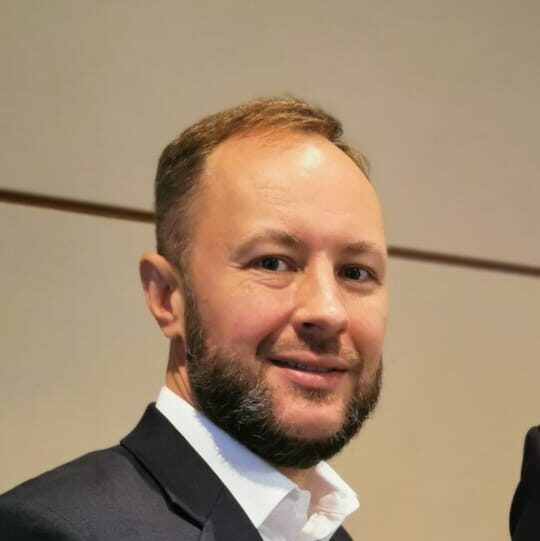
09:45 - Digital Solutions from Mine to the Mill for Safe, Productive Operations
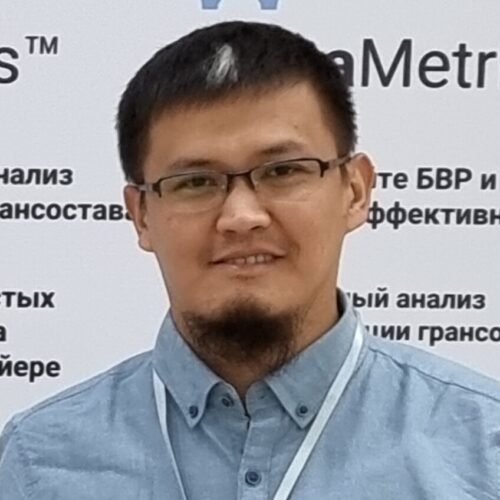
10:00 - Experience in implementing LabWare LIMS in laboratories in the metallurgical industry

10:15 - SightPower Digital Mine: the breakthrough technology for digital transformation of mining business

Organised in partnership with Department of International Trade
Context
The decarbonisation of the global economy and the implementation of the UN Sustainable Development Goals (SDGs) drive changes in the Environmental, Social and Corporate Governance in the mining and metallurgical industry. Many mining companies in Kazakhstan are reviewing their sustainability strategies and are actively implementing technologies and projects that help minimise their environmental footprint, reduce CO2 emissions and waste, and use energy and water more resources efficiently.
Discussion themes
• Meeting the demand for sustainable development technologies in Kazakhstan and Central Asia.
• Sustainable technologies for underground mines, water supply, processing plants.
• Solutions for industrial energy and processing areas.

11:10 - Measuring and mitigating the environmental impacts at mining projects using MineLCA

11:20 - Mine Ventilation: Innovations in Equipment and Technology

11:30 - Concrete Canvas application in the mining industry
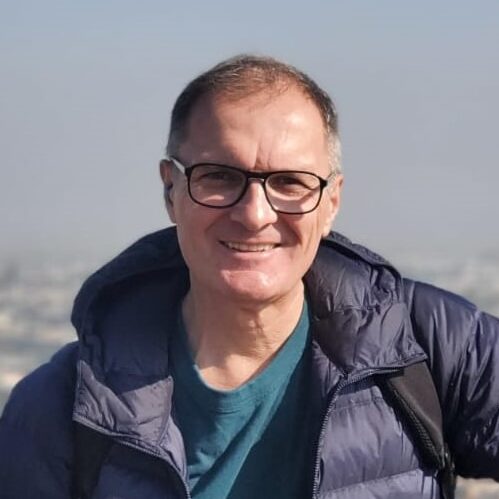
11:40 - Efficient rental power generation solution
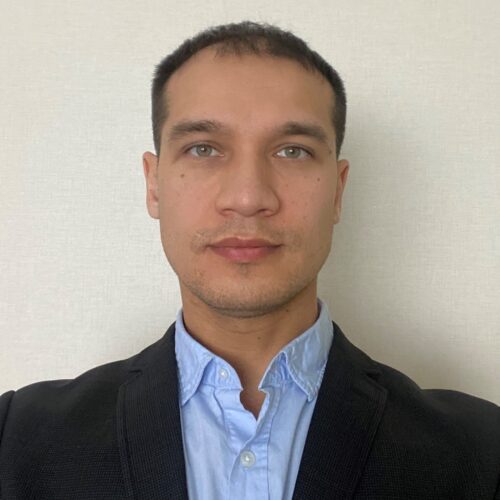
Organised in partnership with Aveva
Context
The mining industry plays a critical role in our lives. Today, we see an increase in global consumption for commodities due to upward trends in urbanization and industrialization. These growing demands will continue to drive the industries for many years. Digital transformation enables mining enterprises with smart and reliable tools for analytics, asset and business process management, data infrastructure, improving transparency and efficiency of operations throughout the entire value chain. AVEVA experts will talk about the most relevant digital solutions for the mining sector, while the key customers will share their insights and case studies.
Discussion themes
- Digital Mine: overview and roadmap.
- Value chain optimization – from pit to port.
- Reliability, safety, and operational efficiency of the mining enterprise.
- Data infrastructure is the basis for the digital plant. Opportunities and benefits of real-time data infrastructure used by more than 80% of the largest mining and metals companies in 87 countries around the world.
- Advanced Process Control for mining. Case studies.
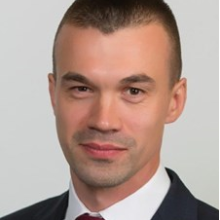
12:15 - Optimize the Value Chain from Pit to Port
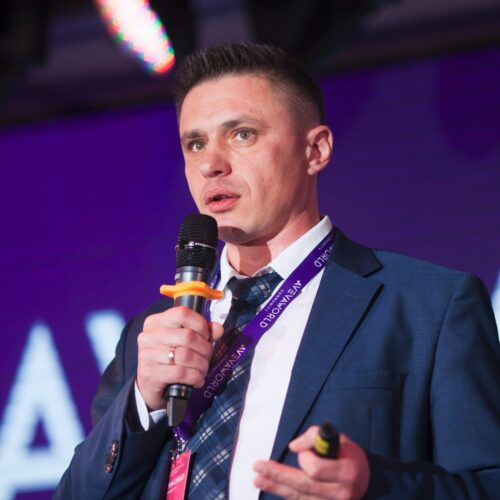
12:30 - Modernisation of the Unified Information Platform for PI System data. Integration with the ERP system of the enterprise
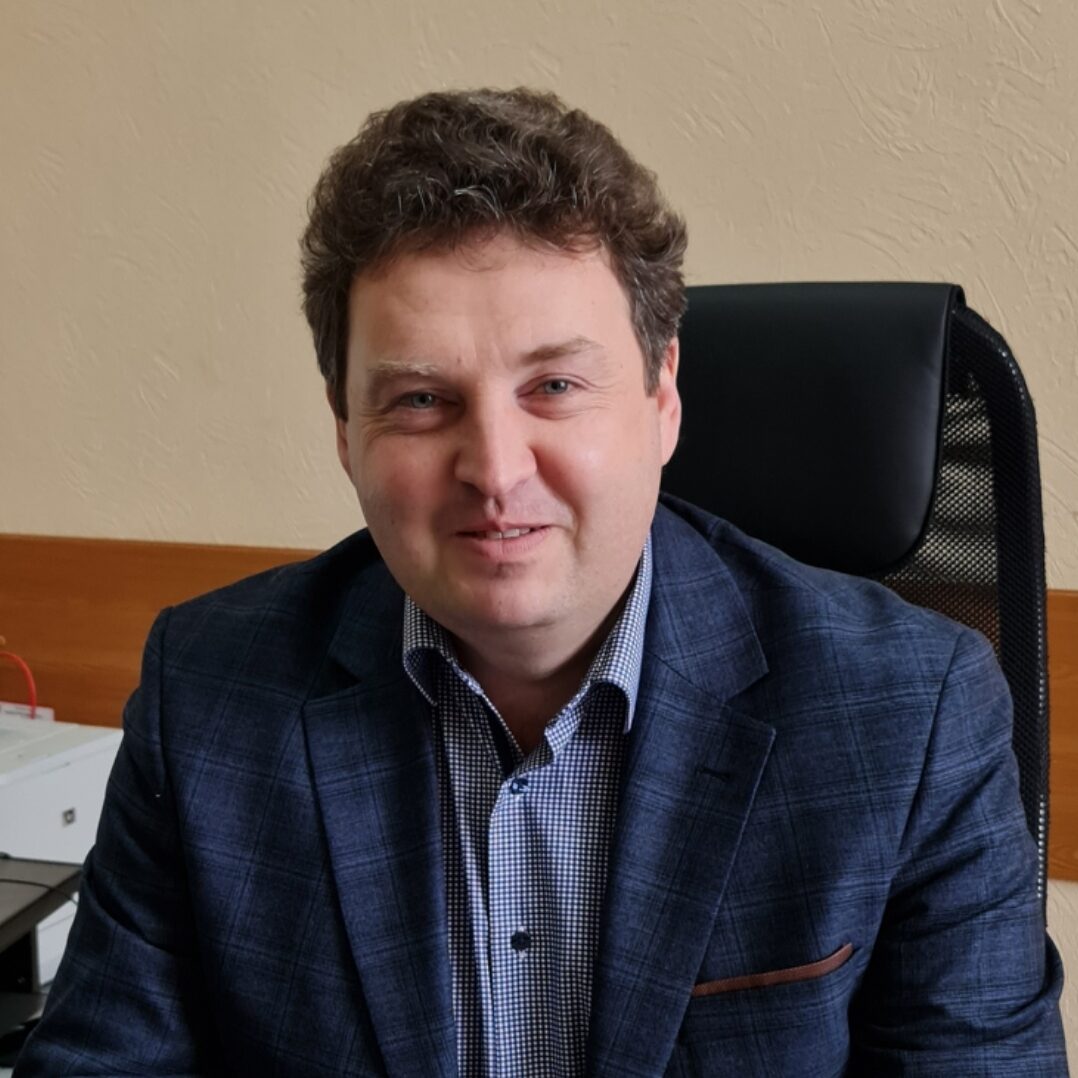
12:45 - Implementation of MES-system for the production of magnesium and sponge titanium

13:00 - Discussion

Context
Industrial digitalisation is one of the top drivers of the economic development of Kazakhstan. According to official estimates, virtually all mining operations in the country have a 10-15 percent potential to improve efficiency and reduce the cost of operations. At the small and medium-sized enterprises, this potential is 50% or greater. Many mining companies have developed digital transformation strategies and are exploring the possibilities of introducing 4.0 technologies to improve the efficiency of individual productions and supply chains. Digital technologies enable to streamline business processes and increase the overall return on investment. There are many areas for the use of digital technologies, however, the maximum effect can be achieved only in the case of a comprehensive implementation of information systems – a complete digital transformation of the individual companies and the whole industry.
Discussion themes
• Prospects for the digital transformation of the mining industry of Kazakhstan.
• Strategies and examples of digitalisation of mining and metallurgical enterprises.
• Prospects for the development of digital mines and autonomous production complexes.
• Application of the MES concept and digital tools for managing technological processes.
• Cases if automation and digitalisation of business management processes.
• Digitalisation of asset management and predictive maintenance and repair.
• Applications and benefits of 3D laser scanning for mining.
• AI in mine automation and cost optimisation.
• Mining Automation and robotics in practice.
• AI-enabled mining monitoring and diagnostics.
• Digitalisation of emission management and environmental monitoring.
• Building Information Modelling for mining and minerals projects – going beyond 3D modelling.
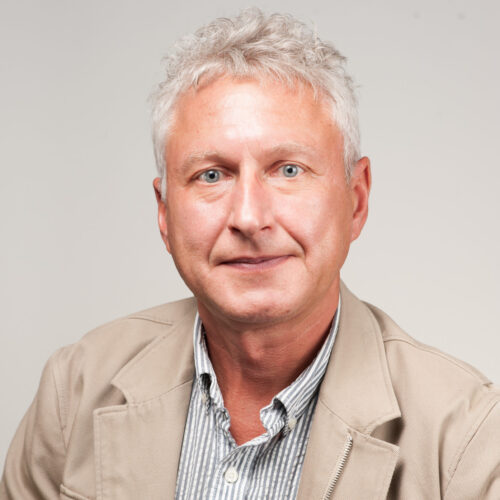
14:45 - 3D modeling at uranium mining enterprise

15:00 - Choosing the Right Network for Your Mine
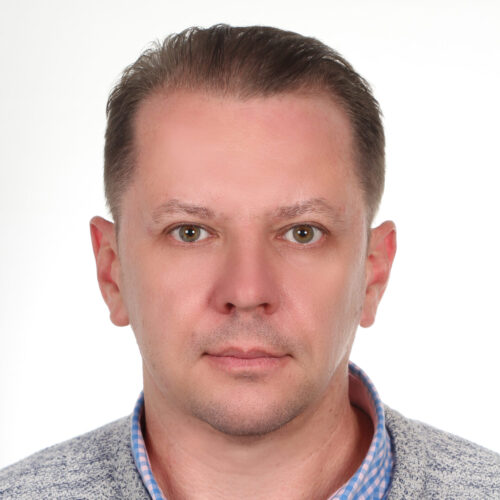
15:15 - Mining digitalization with the help of the 3DEXPERIENCE platform

15:30 - Improving the efficiency and quality of incoming production data at a mining enterprise
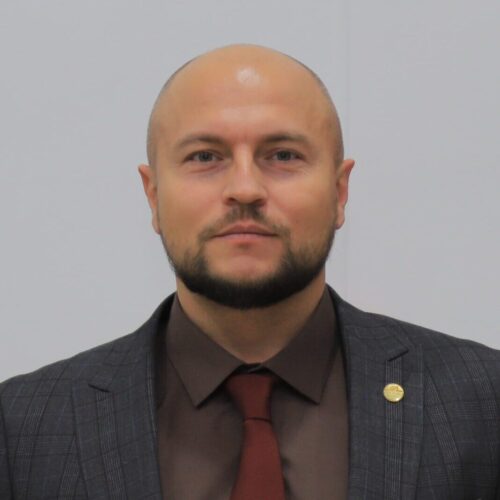
15:45 - K-MINE: Comprehensive digital transformation in the processes of management and engineering at the Kootenay minerals
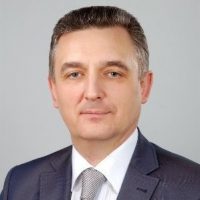
Context
In recent years, Kazakhstan has been actively modernizing mining and metallurgical industries using digital technologies. Today, almost all IT companies offer digital solutions that promise to increase productivity, profits, and planning efficiency. The question is, will the results of innovation meet customer expectations? Which solutions will really stimulate the growth of local mining companies with their unique specifics, and which ones will lead to unjustified costs? Successful implementation of digital products, as well as their compatibility and resilience to cyber risks, plays an important role in their selection.
Technologies proposed for discussion
• The use of machine vision and artificial intelligence to control ore quality and technological processes
• Predictive maintenance of equipment
• Optimisation of production processes using artificial intelligence
• Improving the safety of industrial transport
• Complete digital solutions from mine to factory

16:45 - Optimisation of technological processes at Pustynnoe plant of JSC "AK Altynalmas" with AI powered apps
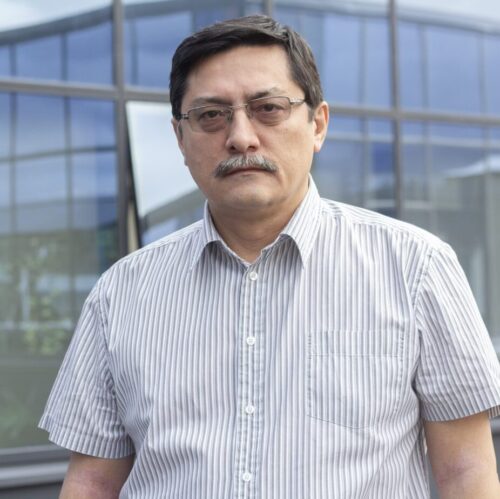
17:00 - Digital Core
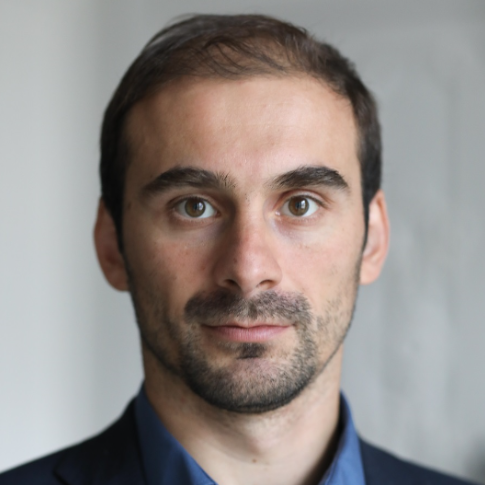
17:15 - Using Sales and Logistics tools to manage Commodity Trading Business
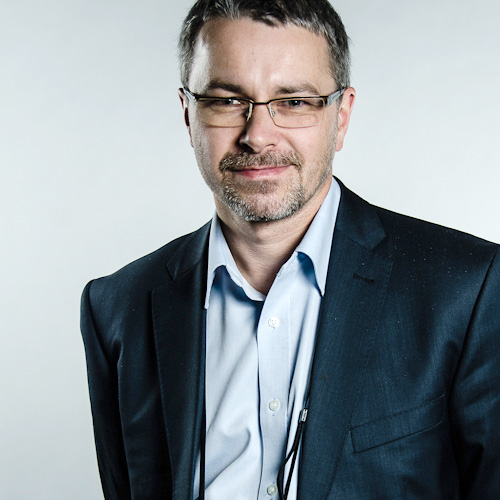
17:30 - Machine vision as a driver for improving the safety of industrial transport
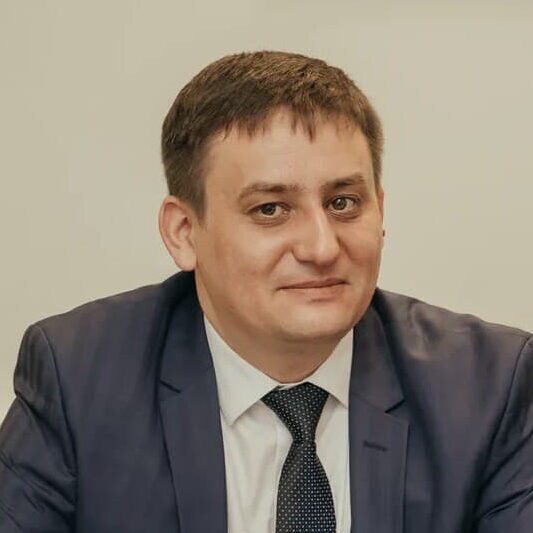
17:45 - Discussion




 Print version
Print version